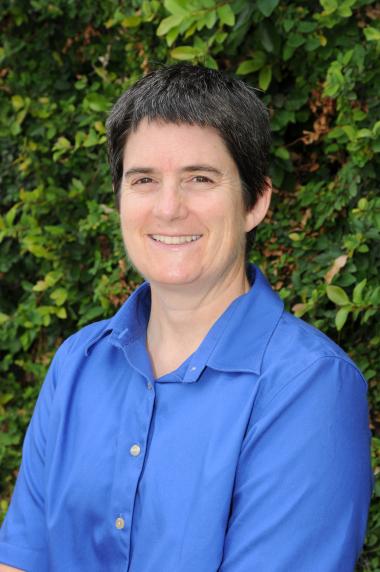Kristin Gunckel (Ph.D., Michigan State University, 2008) is a professor of science education. Her research focuses on learning progressions in environmental science literacy, elementary teacher preparation, and queering science education. Prior to obtaining her Ph.D., Dr. Gunckel was a middle school science teacher, environmental educator, and a geologist. Dr. Gunckel teaches science methods courses in the elementary teacher preparation program and graduate courses in science education.
Dr. Gunckel is currently seeking doctoral graduate students interested in working in any of her research areas. Potential students who can teach in the elementary science preparation program are especially encouraged to apply to the doctoral program in Teaching, Learning, and Sociocultural Studies. Research and teaching assistantships are available. Please contact Dr. Gunckel directly for more information.
Dr. Gunckel is known as a leader on designing curriculum materials, pedagogical practices, and assessments for environmental science literacy, particularly to support students in developing model-based understandings of the movement of water through environmental systems. Her scholarship in this area focuses on developing learning progressions for how children’s ideas about water change over time. She has developed curriculum materials and formative assessments to support teachers in using learning progressions to inform their instruction. Dr. Gunckel situates her research in the context of the desert southwest and her projects often include environmental justice and social justice components. Her most current projects include Comp Hydro, which has developed learning progressions and associated assessments and curriculum materials for integrating computational thinking into using and interpreting models of groundwater and surface water systems, and Learning Progressions in Science for which she is developing learning progressions focused on middle school and high school students understanding of concepts related to the impacts of natural resource use (e.g., water, minerals, fossil fuels) on the environment, argumentation, and finding patterns in data. Her research is funded by the National Science Foundation.
In addition, Dr. Gunckel is committed to the strong preparation of teachers to teach science, especially in the elementary grades. In this area, she was leader in the development of the Inquiry-Application Instructional Model (I-AIM) to help preservice teachers use and modify curriculum materials to plan and teach lessons that place experiences before explanations and engage students in scientific practices. Her published research has explored how preservice teachers use this instructional model when planning and teaching science and how preservice elementary teachers and their mentor teachers interact when learning together about planning and teaching rigorous and responsive science lessons.
In a third dimension of her scholarship, Dr. Gunckel has also written about heteronormativity in science and science education, using queer theory as a lens to expose problematic science assumptions and teaching practices that can be harmful for LGBTQ youth and teachers.


